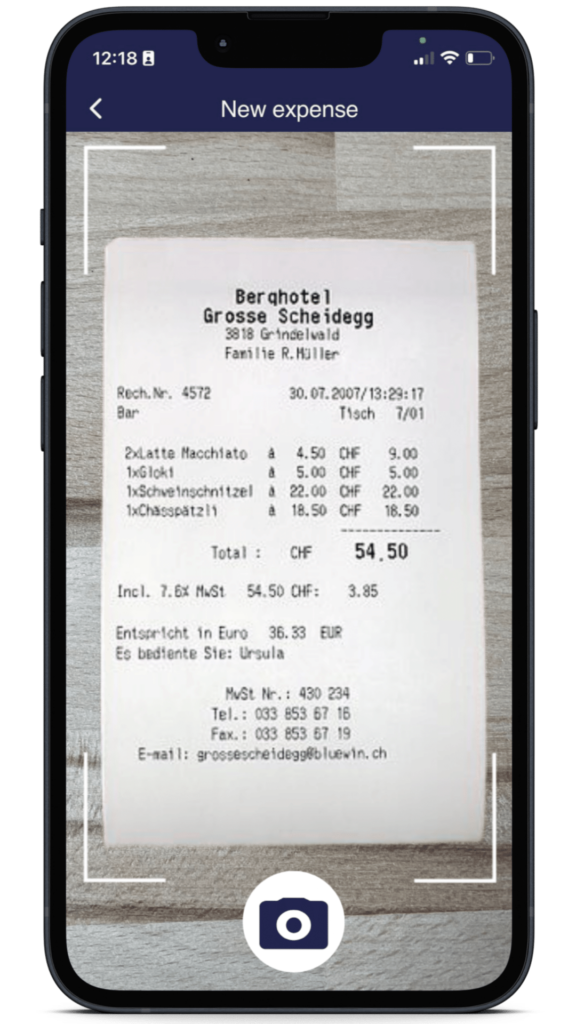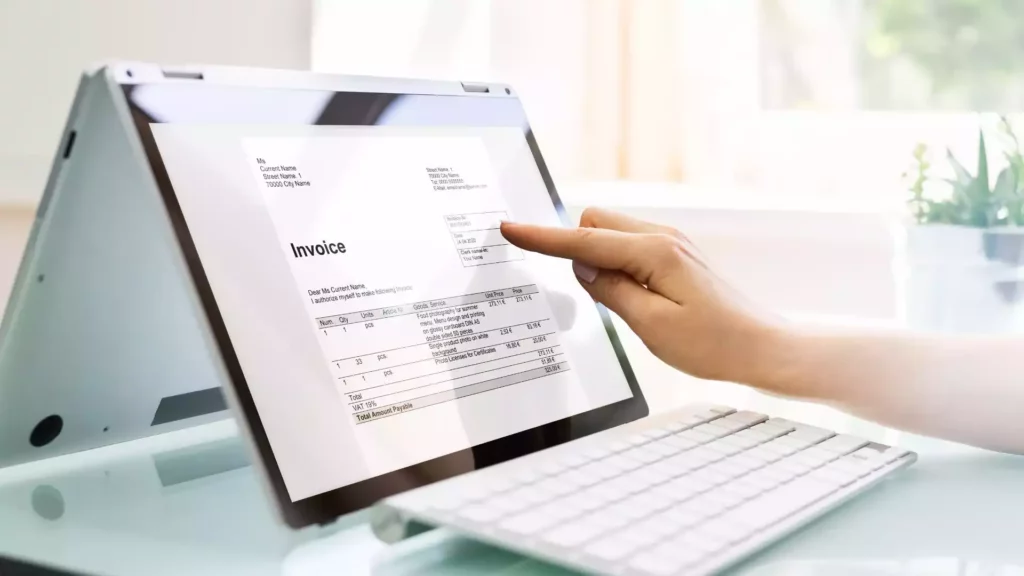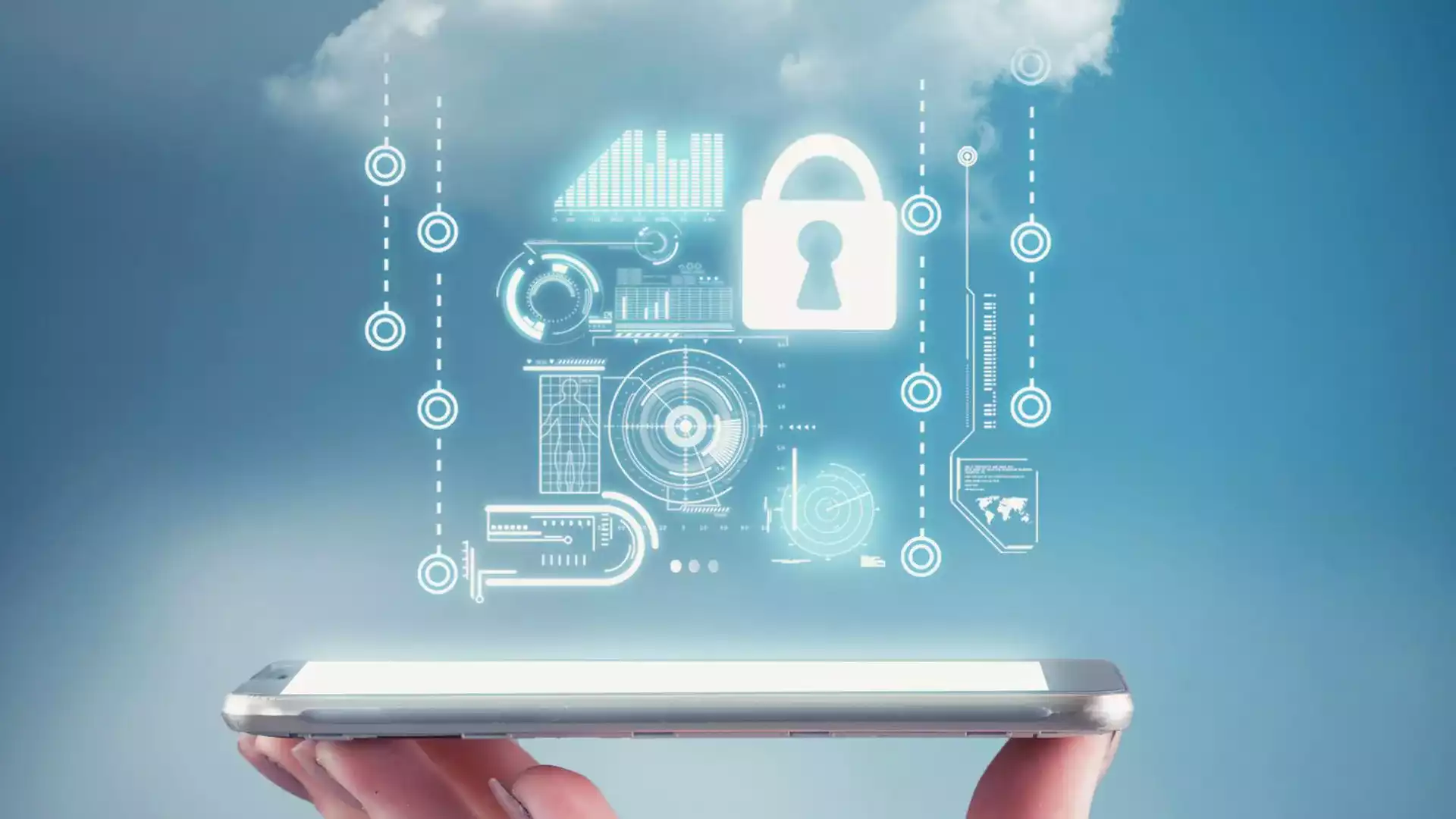With the rise of paperless invoicing, sending invoices or expense claims by post is becoming a thing of the past. This process, which aims to modernise the administrative management of companies, is profoundly transforming working methods in France. The dematerialisation of invoices no longer concerns only large organisations, but is now being extended to all businesses, speeding up the digitisation of commercial and tax processes. Against a backdrop of reform and change, it is essential to take stock of this transition to electronic document management.
1. What is electronic invoicing ?
The electronic invoicing process involves replacing paper documents with electronic versions. This process is strongly encouraged by the tax authorities, who see several advantages in it:
- Reduced administrative workload : Creating, sending and processing electronic invoices reduces costs and simplifies processes.
- Secure transactions : Electronic invoicing enhances the traceability and security of business relationships.
- Simplified VAT returns : automated pre-filling makes tax obligations easier.
- Combating fraud : Electronic transmission enables more rigorous control of transactions, helping to reduce the VAT gap.
In France, electronic invoicing is being rolled out progressively. Since 1 January 2021, businesses have already been required to send their invoices to the public sector via the Chorus Pro portal. This compulsory transition to electronic invoicing will be extended to all businesses by 2026, according to the timetable set out in the reform.
2. What are the implications for expense reports ?
Just like the dematerialisation of invoices, expense management is also affected by this wave of digital transformation. Companies can now automate the submission and processing of business expenses, such as travel or catering costs, via dedicated platforms. By simply scanning a receipt with an application, an employee can submit an expense claim, which will be automatically processed by the software, without any manual intervention.
There are many advantages to this dual paperless system :
- Save time : electronic management of invoices and expense claims eliminates repetitive tasks, speeding up approvals and payments.
- Cost savings : No more printing, postage and storage costs. The savings add up quickly.
- Automation and security : Digital tools guarantee rigorous and secure monitoring of data, reducing the risk of human error and fraud.
- Improved traceability : The systems provide better visibility of financial flows, facilitating audits and cash management.

Intelligent OCR by Vertical Expense
Scan your receipts and let the app do the rest!
3. Why go paperless ?
Dematerialisation is not just a technological trend, but a genuine revolution in business management. Here are just some of the tangible benefits it offers :
- Cost optimisation : By eliminating the costs associated with printing, storage and dispatch, dematerialisation delivers significant savings. What’s more, fewer processing errors mean fewer disputes and fewer late payments.
- Operational efficiency : electronic invoices and expense reports are processed much more quickly. They can be retrieved and checked with just a few clicks, making internal audits and controls much easier.
- Enhanced security : Digital documents are protected against loss, theft or damage by encryption and authentication systems. The platforms also guarantee data integrity and compliance.
- Reduced environmental impact : By going paperless, businesses are helping to protect the environment by reducing their carbon footprint and resource consumption.
- Improved business relations : dematerialising invoices and expense reports makes it easier to work with partners. Rapid access to documents improves transparency and speeds up problem resolution.
According to the government, the widespread use of electronic invoicing could save small and medium-sized businesses in France €4.5 billion a year. It is also a key lever for modernising relations between businesses and the tax authorities.
4. Regulations: what can we expect in 2026 ?
From 2026, electronic invoicing will be compulsory for all French businesses. This reform will be rolled out in three stages, depending on the size of the company :
- 2024 : Obligation for large companies to receive and transmit invoices.
- 2025 : Obligation for medium-sized companies.
- 2026 : Obligation for SMEs and micro-businesses.
Companies have two options for complying with the regulations :
- The Public Invoicing Portal (PPF) : Free of charge and managed by the State, this portal enables electronic invoices to be submitted and managed.
- Partner dematerialisation platforms (PDP) : Provided by private publishers, these platforms offer additional functions and are certified by the tax authorities.
5. How to make a successful transition to dematerialisation ?
The transition to paperless invoicing and expense reporting requires a strategic approach. Here are a few essential steps to help you achieve this effectively :
- Assess needs : Analyse the volume of invoices and expense claims you process each month. Measure the costs associated with your current processes to identify opportunities for optimisation.
- Choosing the right solution : Depending on the size of your business and your specific needs, opt for a public (PPF) or private (PDP) platform. Small companies can opt for simple, accessible solutions, while large companies will prefer more integrated tools.
- Ensure technical integration : Make sure that your invoicing and expense claim management solutions are integrated with your existing systems (ERP, accounting software).
- Set up internal processes : Establish clear rules for issuing, receiving and archiving electronic invoices. Ensure that documents comply with current legal standards.
- Communicate with your partners : Inform your customers, suppliers and business partners of your move to dematerialisation and make sure they are ready to follow.
6. Digital management for a smoother future
The dematerialisation of invoices and expense reports is no longer an option, but a necessity for all French businesses. By preparing now, they will not only be able to comply with the legal obligations that come into force in 2026, but also optimise their administrative management. This change, although gradual, will enable companies to gain in efficiency, security and transparency, while reducing their environmental impact.
Adopt a dematerialization solution today and simplify the management of your financial flows , for better control of your cash flow.




